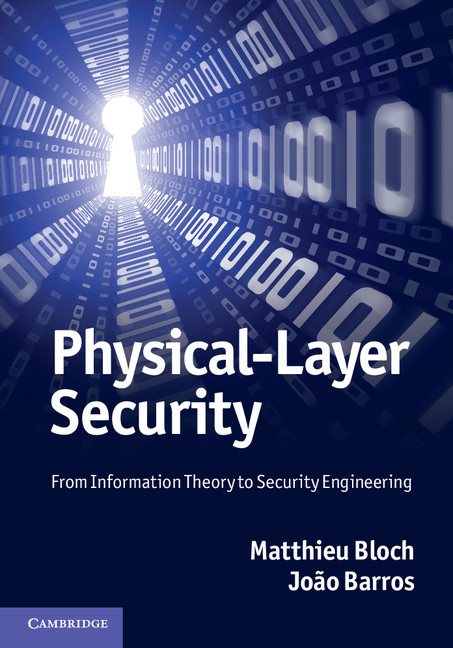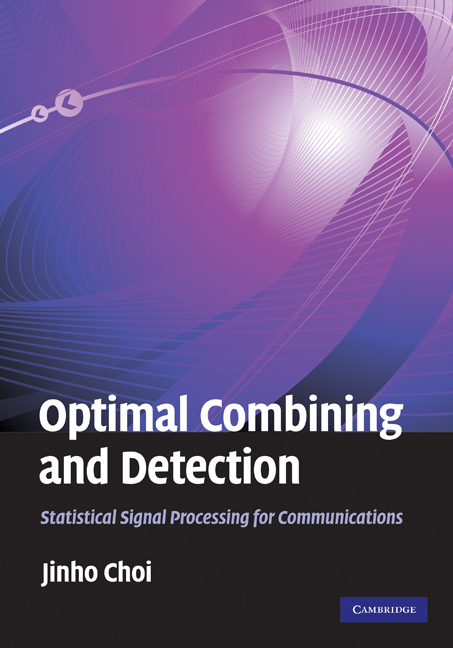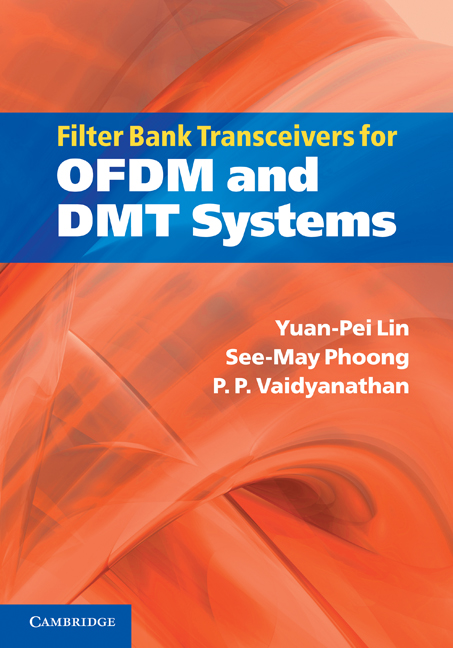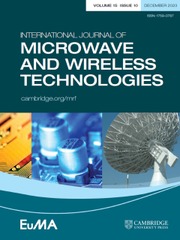Physical-Layer Security
This complete guide to physical-layer security presents the theoretical foundations, practical implementation, challenges and benefits of a groundbreaking new model for secure communication. Using a bottom-up approach from the link level all the way to end-to-end architectures, it provides essential practical tools that enable graduate students, industry professionals and researchers to build more secure systems by exploiting the noise inherent to communications channels. The book begins with a self-contained explanation of the information-theoretic limits of secure communications at the physical layer. It then goes on to develop practical coding schemes, building on the theoretical insights and enabling readers to understand the challenges and opportunities related to the design of physical layer security schemes. Finally, applications to multi-user communications and network coding are also included.
- Presents the theoretical foundations, practical implementation, challenges and benefits of a groundbreaking new model for secure communication: physical-layer security
- Provides essential practical tools enabling readers to build more secure systems
- Includes a broad treatment of passive and active attacks at the physical layer, setting out the vulnerabilities that can be exploited by eavesdroppers and jammers
Product details
September 2011Hardback
9780521516501
346 pages
249 × 175 × 20 mm
0.78kg
79 b/w illus. 7 tables
Available
Table of Contents
- Part I. Preliminaries:
- 1. An information-theoretic approach to physical-layer security
- 2. Fundamentals of information theory
- Part II. Information-Theoretic Security:
- 3. Secrecy capacity
- 4. Secret-key capacity
- 5. Security limits of Gaussian and wireless channels
- Part III. Coding and System Aspects:
- 6. Coding for secrecy
- 7. System aspects
- Part IV. Other Applications of Information-Theoretic Security:
- 8. Secrecy and jamming in multi-user channels
- 8. Network coding security.







